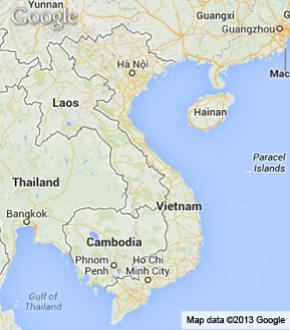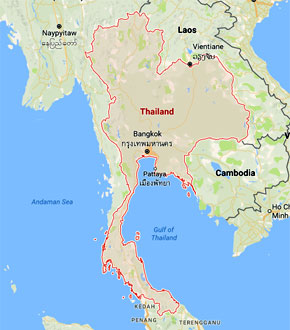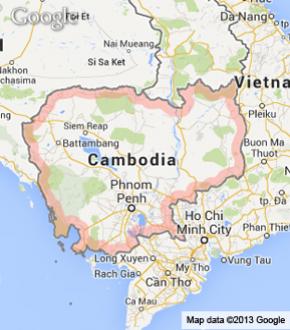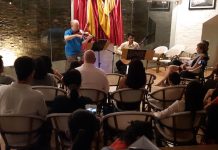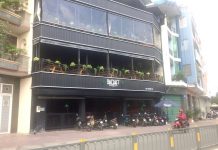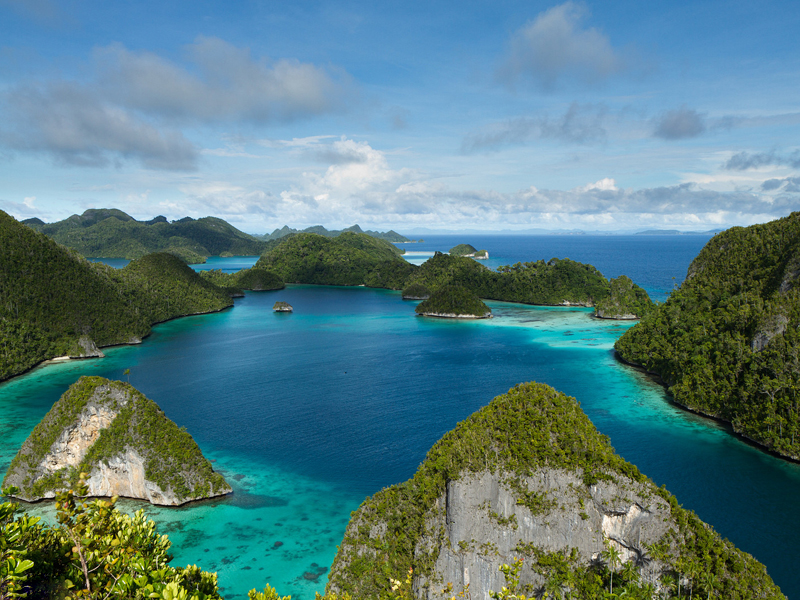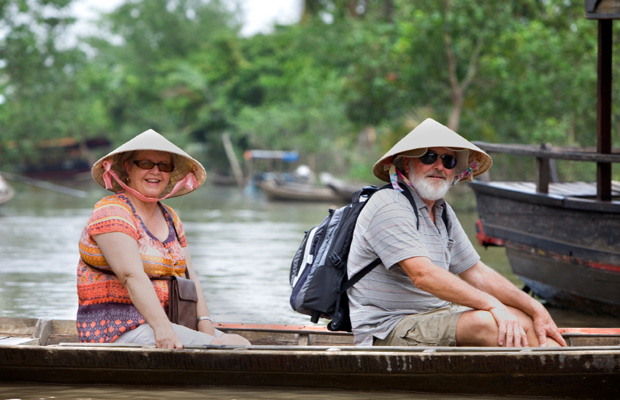In Ho Chi Minh City and Dalat, Hoi An and Hanoi, the offers come at you thick and fast: sunglasses, massages, motorbikes, marijuana. But it throws you on the streets of Nha Trang, when they come at you first, not in English, but in Russian. Nha Trang, a resort town on the South China Sea 300 kilometres north-east of Ho Chi Minh City, is the epicentre of Russian tourism in Vietnam. About 190,000 Russians visited the city in the first 10 months of last year, with the results of their patronage evident everywhere.
Restaurant menus are in Cyrillic, pelmeni and beef stroganoff are readily available, women wear Orthodox headscarves in the surf and the pasty white men who idly watch them do not so much tan as burn. The beaches recall Soviet-era photographs of Black Sea resorts, in which there never appears to be anyone swimming but rather a whole lot of people bathing. But Nha Trang’s status as Moscow-on-the-South China Sea is under pressure.
Western sanctions, designed to punish Russia for its role in the ongoing conflict in Ukraine, have hit the rouble hard — the currency weakened for the fourth consecutive month in August — with tourists now looking for cheaper, more viable holiday locations as a result.
Between January and March, the number of Russian visitors to Vietnam was down 27 per cent on the same period last year. This is not exactly a Vietnam story. It is really a Ukraine story in disguise. Pegas Touristik’s Colin Blackwell said the company, which brings the largest number of Russian tourists to Vietnam, had scaled down its operations in light of the rouble’s slide. “Our customers’ spending power has effectively been halved,” he said. “This makes somewhere like Egypt a more attractive option for many tourists.†Mr Blackwell said a trip to Egypt, which is considering allowing Russians to use the rouble rather than the US dollar in tourism transactions, can cost visitors half the price of a trip to Vietnam.

